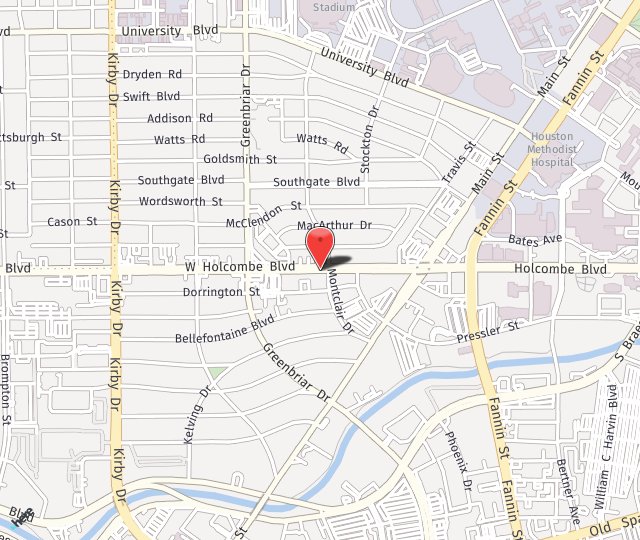
Some of the worst culprits, such as onions and garlic, curry and pasta sauces, alcohol, and cruciferous vegetables, are on par with coffee in their impact on how close people want to get to us. But these causes of bad breath are easily treatable through tooth brushing, gum chewing, and similar methods of odor removal. More serious causes of halitosis, however, are not so easy to address.
Oral Health Problems
One of the biggest causes of chronic bad breath is untreated oral health problems. Conditions that can produce bad breath include:
- Tooth decay
- Tooth infection
- Gum disease
- Oral cancer
These issues may produce a bad taste in the mouth in addition to persistent bad breath. They may also come with additional symptoms such as increased tooth sensitivity, changes in the appearance and texture of the gums, and tooth discoloration. If you are experiencing any of these symptoms in addition to chronic bad breath, call Houston dentist Dr. Ronald Konig at 713-668-2289 to schedule an examination and treatment consultation right away.
Most oral health problems respond best to treatment when caught in their earliest stages. Waiting to address the issue can result in tooth loss, significant pain, and systemic health issues including increased risks for heart attack and stroke. The sooner we are able to begin treatment, the lower your risk of these more worrisome consequences.
OMDs
Orofacial Myofunctional Disorders (OMDs) are disorders that impact the proper functioning of facial muscles and the tongue, and can result in a number of problems, including chronic halitosis.
Mouth breathing is both a symptom and cause of OMD – and this style of breathing is linked to dry mouth, which is a leading cause of persistent bad breath. Men and women struggling with an OMD will often benefit from myofunctional therapy designed to retrain the muscles of the mouth, relax the tongue into its natural position, and allow for lips to remain in the closed position.
If OMD is the cause of your halitosis, myofunctional therapy may be the best solution. This can be discussed in greater detail during your treatment consultation at our Houston office.
Lifestyle and Habits

In addition to smoking, poor daily care or an inadequate oral hygiene routine can increase risks for continuing breath issues. To combat bad breath caused by this issue, all you need to do is recommit to brushing your teeth after every meal, flossing morning and night, and visiting our office every six months for examinations and cleanings. Your biannual visits also allow Dr. Konig to check for signs of OMD or neuromuscular disorders such as TMJ, and to provide swift treatment when these issues present themselves.
If you have consistently struggled with bad breath, please call 713-668-2289 to set up an appointment with Dr. Konig. Our office is located in Houston. We serve all surrounding communities, including The Woodlands, Spring, and Katy.

